8 Reasons Why Cats Would Rather Throw the Ball and Have You Fetch It
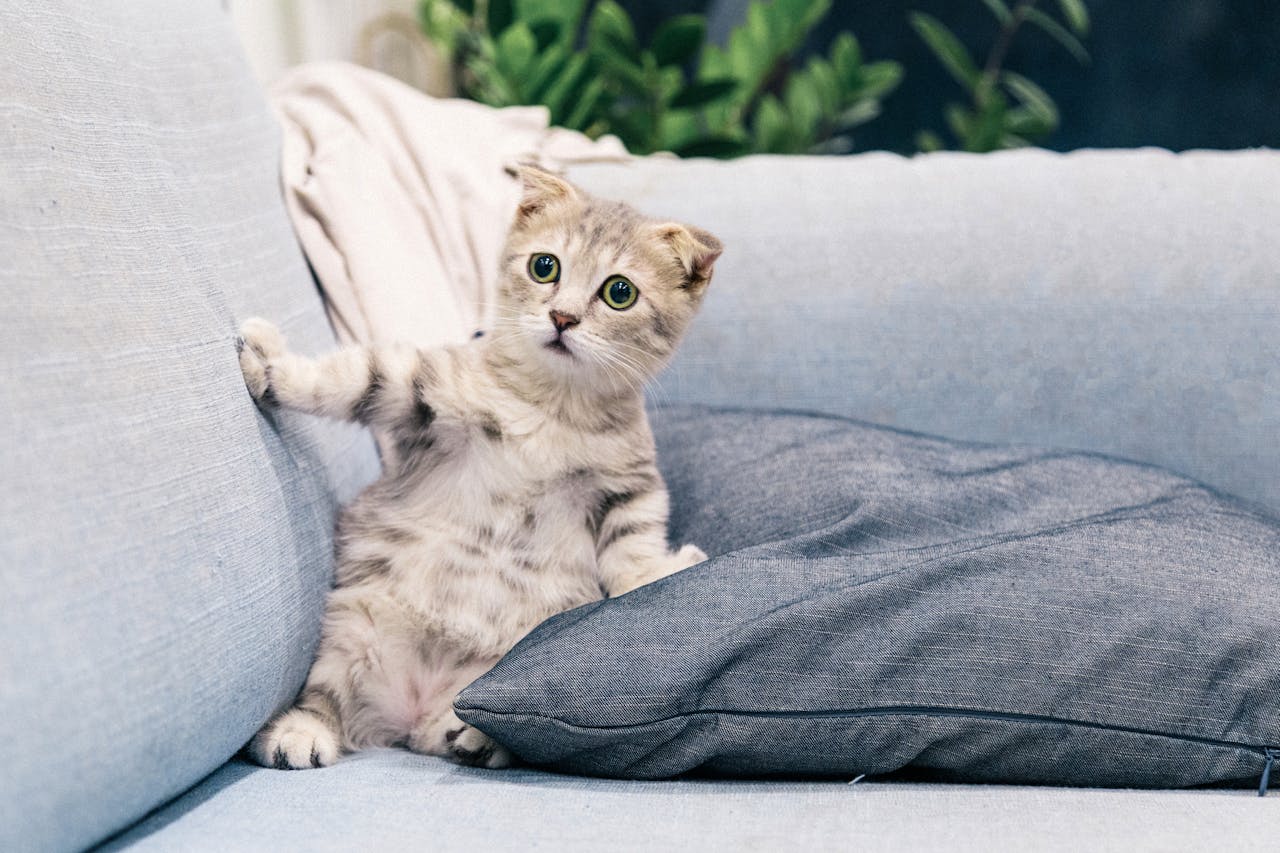
Cats and dogs are the most common household pets, and they often embody distinct personalities and behaviors. One of the quintessential activities associated with dogs is playing fetch. Many dog owners delight in throwing a ball and watching their furry friend sprint after it, eagerly bringing it back to repeat the process. However, cat owners know that this is rarely the case with their feline companions. While some cats might occasionally engage in a game of fetch to humor us, it is far from the norm. Here are eight reasons why cats generally may want to trade in their human if forced to play a game of fetch.
1. Natural Hunting Instincts
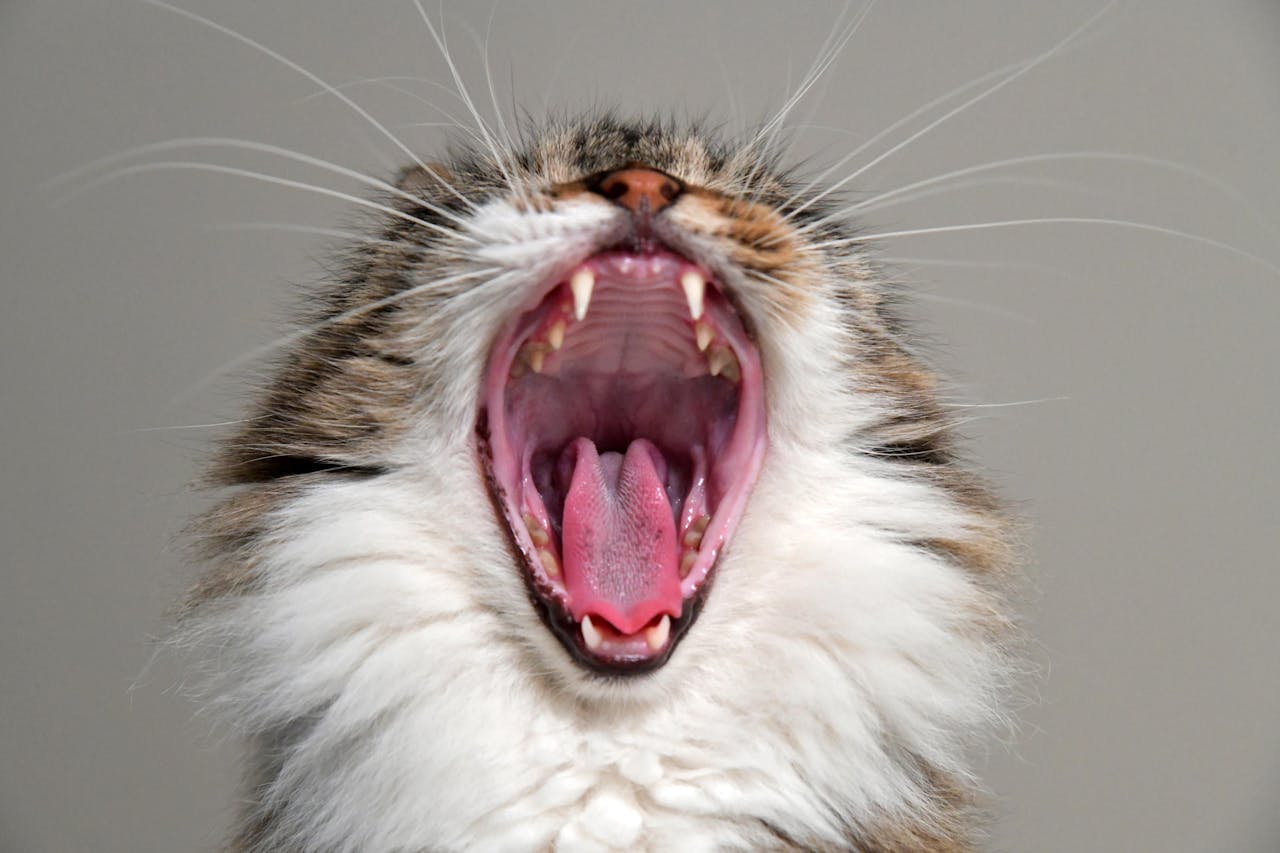
Cats are natural hunters, and their play behaviors are closely tied to their instincts. In the wild, cats spend a considerable amount of time and energy stalking, pouncing, and capturing prey. Fetching a ball doesn’t mimic these natural hunting behaviors. While a cat might chase after a moving object, the idea of bringing it back to a human goes against their instinctive hunting practices. They are more inclined to catch and play with their “prey” rather than retrieve and return it.
2. Territorial Behavior

Cats are inherently territorial creatures. They prefer to control and manipulate objects within their environment. When a cat catches something, even if it’s a toy, they often want to keep it as their own. Returning the object to a human could be seen as relinquishing control, which conflicts with their natural desire to dominate their territory. This territorial nature contributes to their reluctance to engage in fetch.
3. Independent Nature

Cats are known for their independence. Unlike dogs, which have been bred for centuries to work alongside humans and follow commands, cats have retained a more solitary disposition. This independent streak means they are less inclined to perform tasks that seem to benefit others, such as fetching a ball for their human. They prefer activities that satisfy their own needs and interests.
4. Lack of Social Reinforcement

Dogs are highly social animals and have been domesticated to seek approval and praise from their human companions. Fetch is an activity that dogs often engage in to receive positive reinforcement, whether it’s a pat on the head, a treat, or verbal praise. Cats, on the other hand, do not rely on social reinforcement to the same extent. While they may enjoy petting and praise, these rewards are not as significant in motivating their behavior, making fetch less appealing.
5. Differing Play Styles
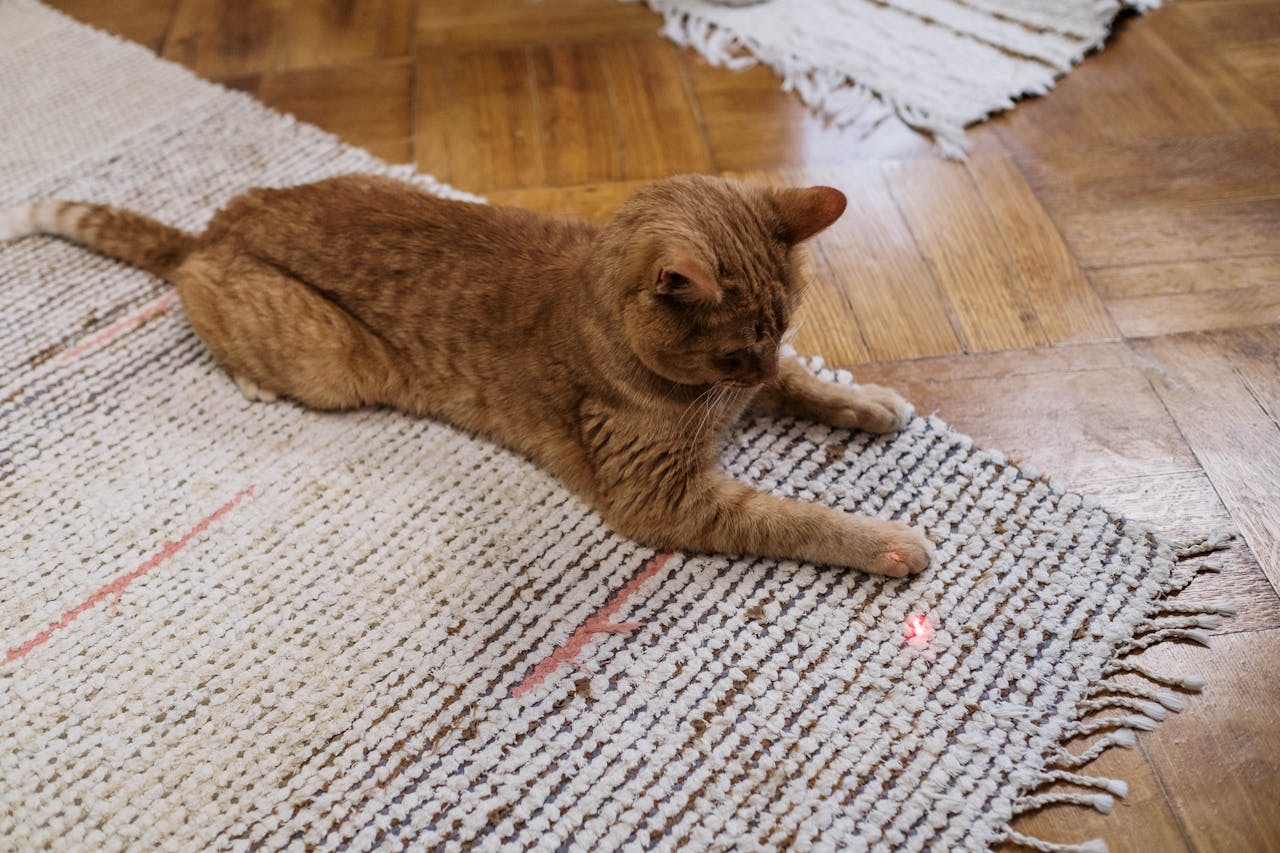
The play styles of cats and dogs are fundamentally different. Dogs enjoy interactive play that involves cooperation with their human companions, such as fetch or tug-of-war. Cats, however, often prefer solitary play or interactive play that mimics hunting, such as chasing a laser pointer or pouncing on a feather toy. Fetch doesn’t align with their preferred play style, which is more focused on stalking and capturing rather than retrieving.
6. Energy Conservation
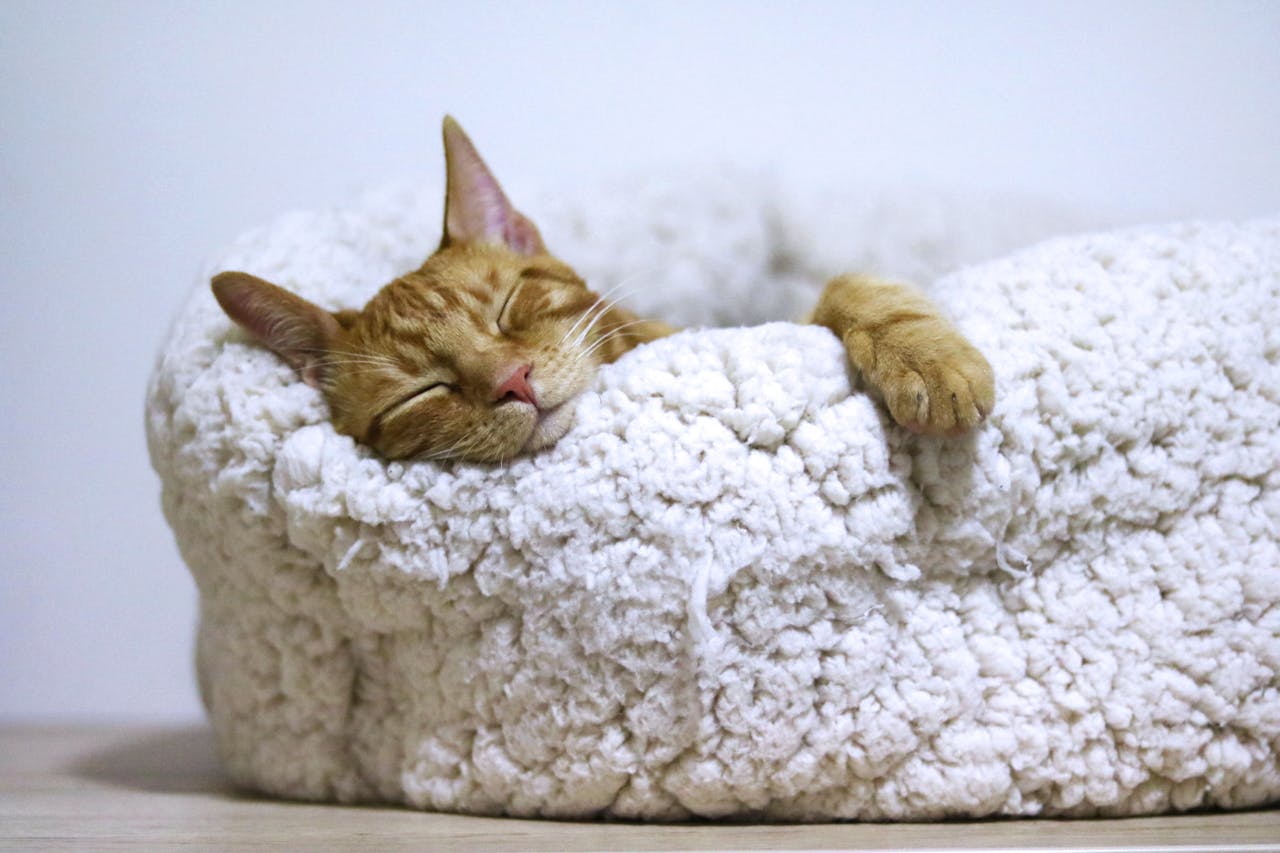
In the wild, cats are opportunistic hunters that need to conserve energy for when they have the best chance of catching prey. This energy conservation instinct translates to their domestic behavior as well. Fetch is a high-energy game that requires repeated bursts of activity, which may not appeal to a cat’s natural inclination to save their energy for hunting or exploring. They prefer short bursts of intense activity followed by periods of rest.
7. Lack of Motivation
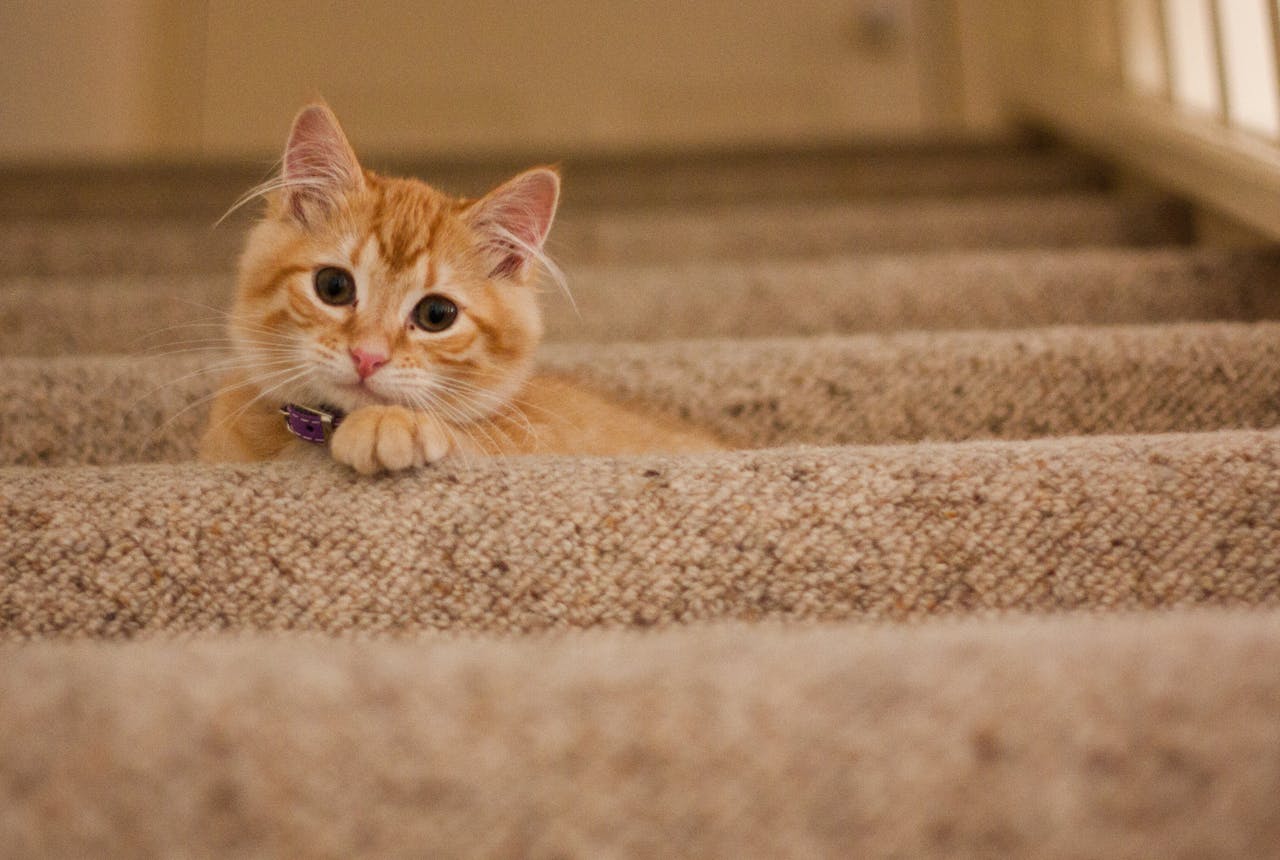
For many dogs, fetching a ball is inherently rewarding, and they find joy in the repetitive nature of the game. Cats, however, may not find the same intrinsic motivation in fetch. Without a strong desire or reason to chase and return an object, the game doesn’t hold much appeal. Toys that simulate hunting or contain treats are more likely to capture a cat’s interest and motivation.
8. Behavioral Conditioning

The behaviors of dogs and cats are shaped by their evolutionary histories and domestication processes. Dogs have been bred for specific tasks, including retrieving, herding, and guarding, which involve responding to human commands and performing repetitive actions. Cats, on the other hand, have been domesticated primarily for pest control and companionship. Their behaviors are less about performing tasks for humans and more about fulfilling their own needs and instincts. Fetch is not a behavior that has been reinforced through their domestication history.
9. Sensory Sensitivities
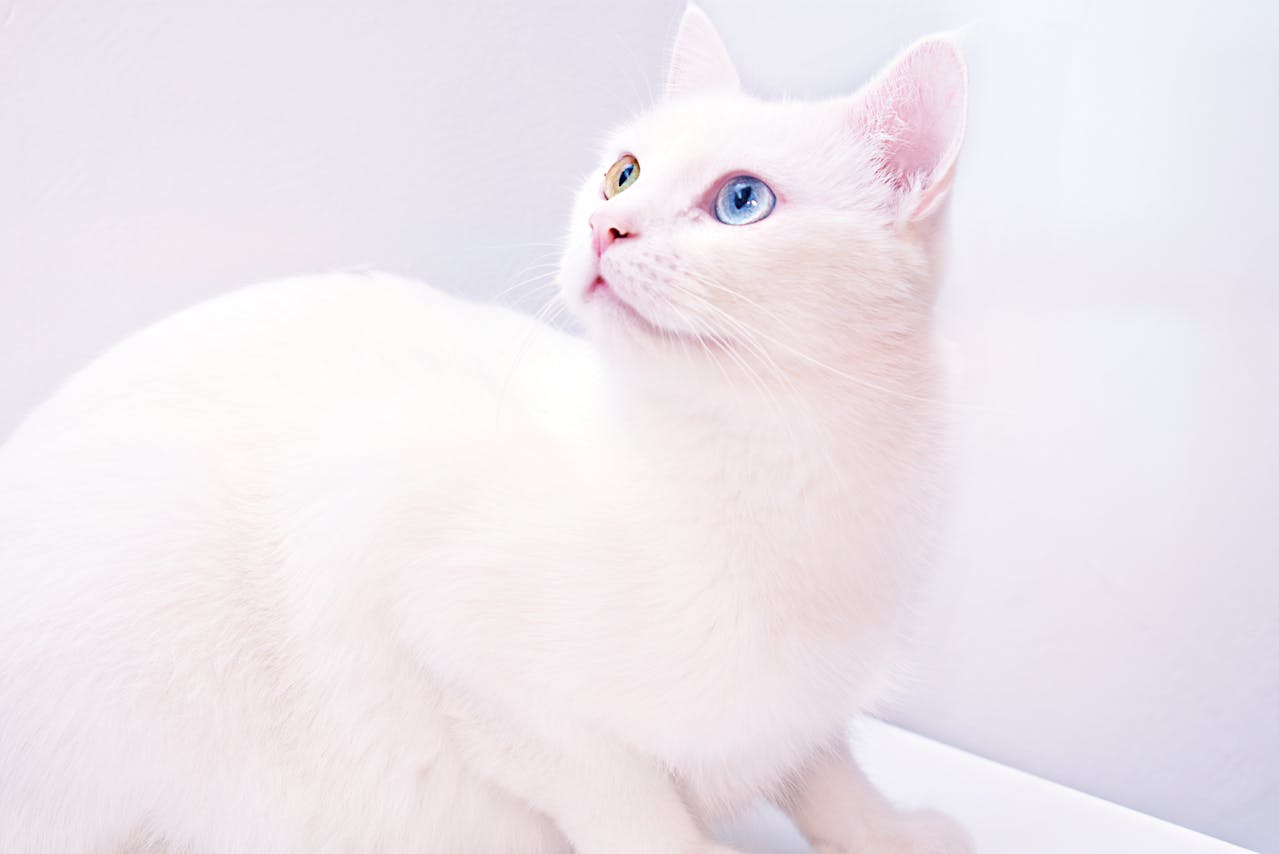
Cats have highly sensitive senses, particularly their hearing and vision. The loud noises or sudden movements associated with throwing a ball can startle or overwhelm them, making fetch less enjoyable. Additionally, their acute sense of smell may make them wary of objects with unfamiliar scents, further reducing their interest in the game.
Final Thoughts

Understanding the differences between cats and dogs is key to appreciating why cats typically have no interest in playing fetch. Their natural hunting instincts, territorial behavior, independence, lack of social reinforcement, differing play styles, energy conservation, lack of motivation, and evolutionary history all contribute to this disinterest. While some individual cats may occasionally engage in fetch, it is not a behavior that aligns with their inherent nature.
Leave a Reply